Trust day speakers
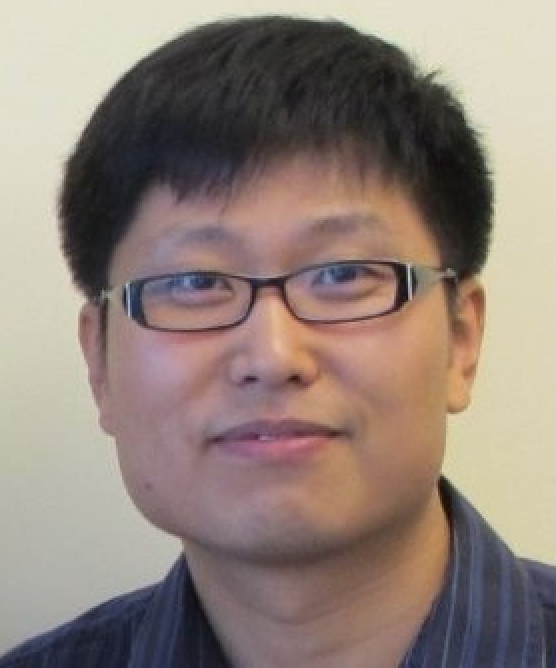 VP of Data Coinbase |
Into the blockchain data As a crypto company, Coinbase needs to handle three major types of data: Financial data, Product data, and Blockchain data. Various companies have built best practices with the first two, but blockchain data remains to be in a very early development stage. The unique challenges of blockchain data come from its decentralized nature as well as the fast evolving technology landscape. We have examples where we have made some early successes, and we also see many more opportunities that blockchain data can play a huge role. We will be sharing the knowledge and the challenges in this talk. Bio: Michael Li is currently the VP of Data at Coinbase. His professional interests have always been "empowering people with data & technology" throughout his whole career. His work has been focused on defining and operationalizing Big Data and AI in practical terms for enterprises, and figuring out how they can drive business value through the EOI (Empower/Optimize/Innovate) framework. His industry experience spanned across Financial services, E-commerce, Social network, and now the Blockchain industry. Michael holds a Master’s degree in Engineering from University of Illinois at Urbana-Champaign, and a Bachelor’s degree in Science from Fudan University. |
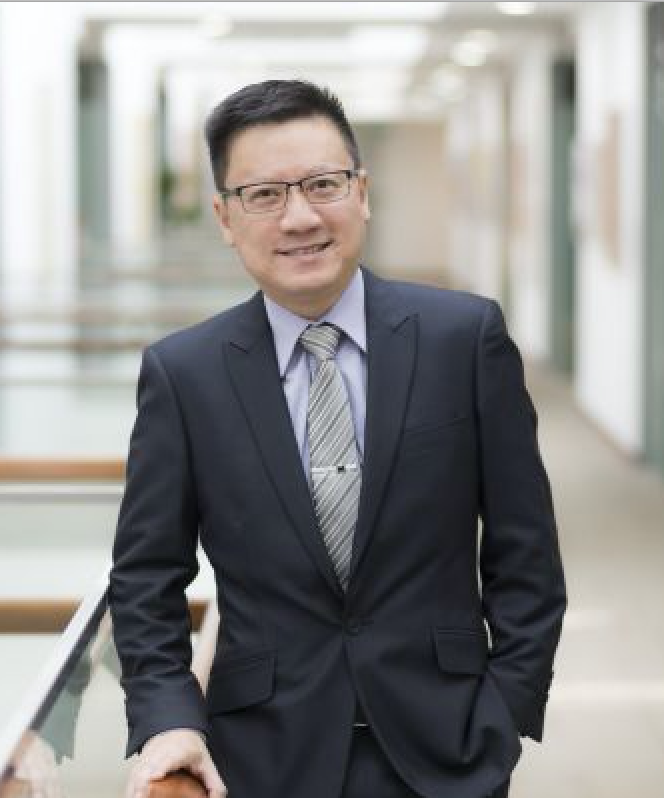 Professor of Psychology Singapore Management University |
Understanding and Practicing the Science of Public Trust Increasingly, leaders across all sectors as well as researchers across all disciplines are appreciating the fact that effective functioning in their work requires a principled adaptive leadership and approach in which their decisions, words and actions are highly trusted by the public. Trust is critical for problem solving because a baseline level of trust is foundational for people to believe the leaders or researchers and decide to cooperate or be motivated to perform actions towards achieving the intended outcome. Leaders and researchers, be they in governments, academia, businesses or non-profit organizations, will find it extremely difficult to implement a measure or an initiative, change a prior decision or explain the change, and galvanize people to collectively manage a crisis or deal with a challenge when public trust is low. Unfortunately, regardless of country or organization, significant gaps and disconnects often exist when it comes to public trust. For example, research in behavioural sciences has consistently shown that trust is difficult to build, easily eroded, and once lost is difficult to restore. In addition, leaders and researchers are susceptible to the same human biases of overconfidence and low self-awareness. This talk will first examine how and why public trust matters. It will then explain how an evidence-based approach to building trust that understands how humans think, feel and act in the contexts of the issues that people care about can help us prevent trust erosion, repair trust violation and enhance trust development. Bio: David Chan is Professor of Psychology at the Singapore Management University and Adjunct Principal Scientist and Scientific Advisor at the Agency for Science, Technology and Research (A*STAR) in Singapore. His works, published in top psychology, management and methods journals, have been cited over 13,000 times in various disciplines. He has authored or edited 13 books published by Routledge, Sage and World Scientific in various areas of social and behavioural sciences. |
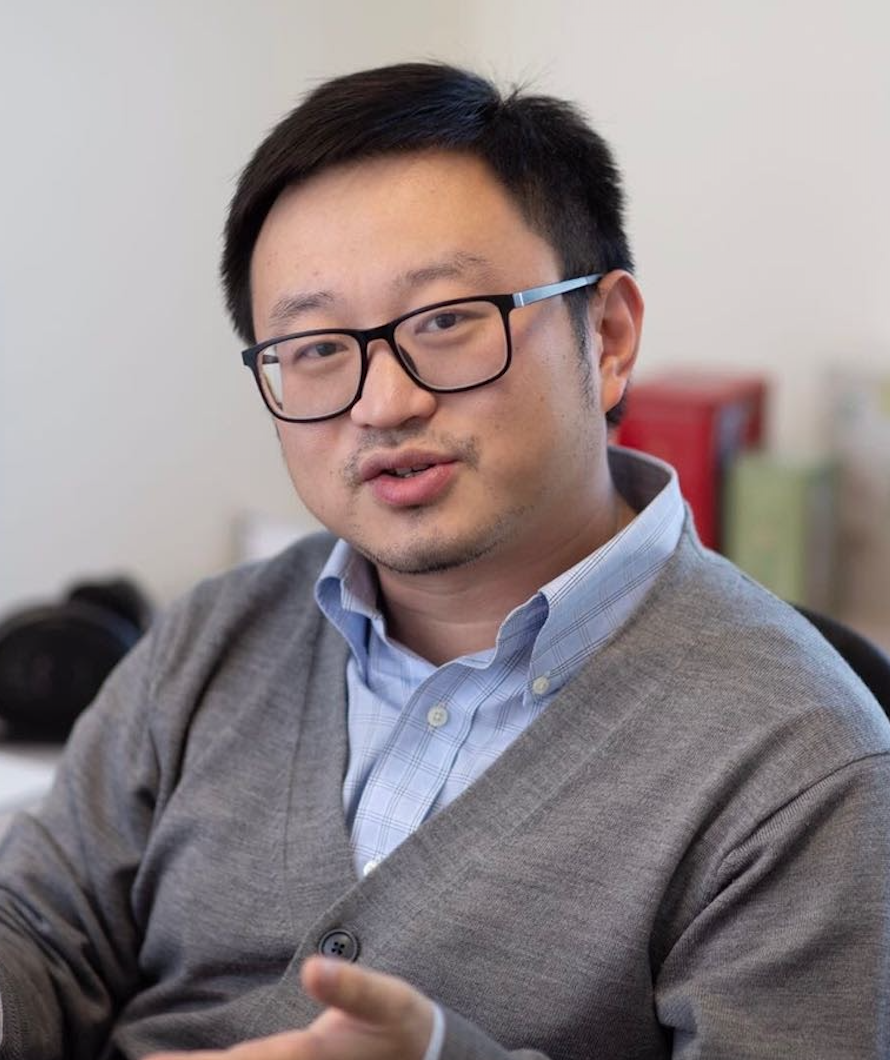 School of Computer Science The University of Sydney |
The Dumbo Protocol Family: Making Asynchronous Consensus Real Asynchronous consensus is the most robust (assuming least trust on underlying network conditions) consensus protocol, thus critical for blockchains deployed over the open Internet. Unfortunately, all existing protocols suffer from low efficiency and essentially none has been widely deployed. In this talk, we will give an overview of a sequence of our recent results on making asynchronous permissioned consensus really fast, and finally, from paper to practice. Bio: Dr. Qiang Tang is currently a Senior Lecturer (U.S. Associate Professor) at The University of Sydney. From 2016.8 - 2021.1, he was an assistant professor at New Jersey Institute of Technology, and Director of JD-NJIT-ISCAS Joint Blockchain Lab. Before that, he was a postdoc at Cornell IC3. His research span broadly in cryptography and blockchain technology, and his work mostly appeared at flagship venues of security/crypto/distributed computing. He is a recipient of “MIT Technical Review” 35 Chinese Innovators under 35, 2019; a Google Faculty Award; NJIT Research Award 2020, and more. |
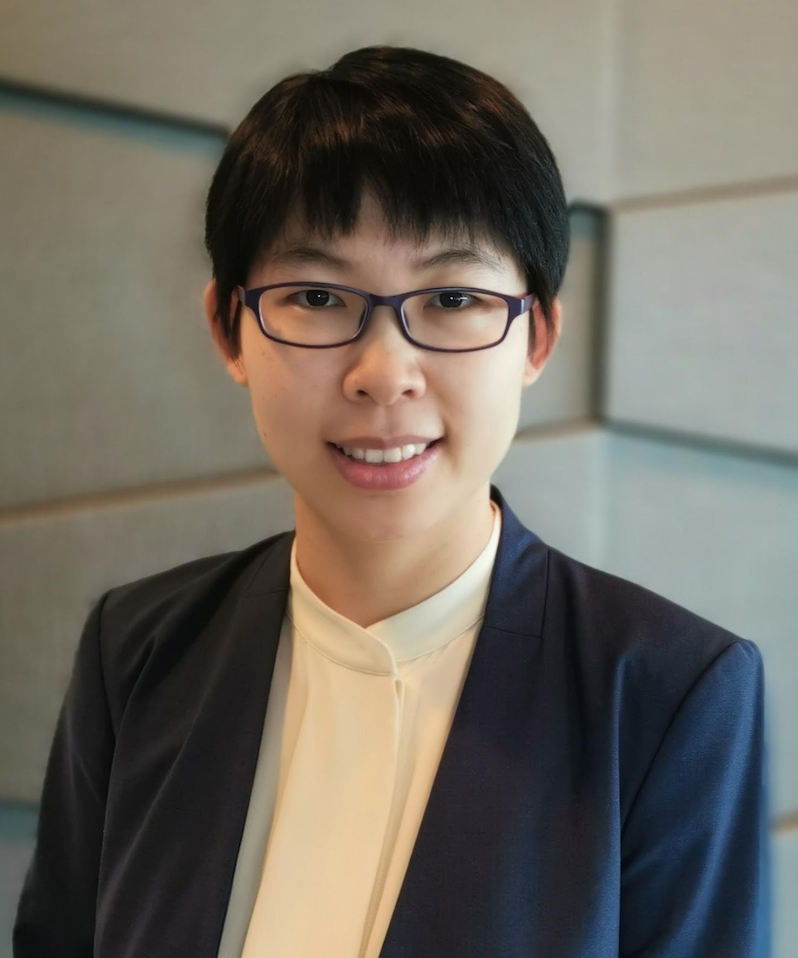 Head of Solutions Ant Group Blockchain ASEAN |
Decentralized Privacy-Preserving Netting Protocol on Blockchain for Payment Systems This talk presents a decentralized netting protocol that guarantees the privacy of the participants. Namely, it leverages the blockchain and its security properties to relax the trust assumptions and get rid of trusted central parties. We have also proved the protocol to be optimal and analyzed its performance using a proof-of-concept implemented on top of Hyperledger Fabric. Bio: Dr. Yuan is head of solution architect for Ant Group Blockchain ASEAN. She has led many Blockchain projects and has also taught Blockchain courses as an adjunct lecturer in National University of Singapore. Prior to Ant Financial, she was one of the founding members of IBM’s Singapore Center for Blockchain innovations. She received her PhD degree from University of Wisconsin-Madison USA and bachelor’s degree from Tsinghua University. |
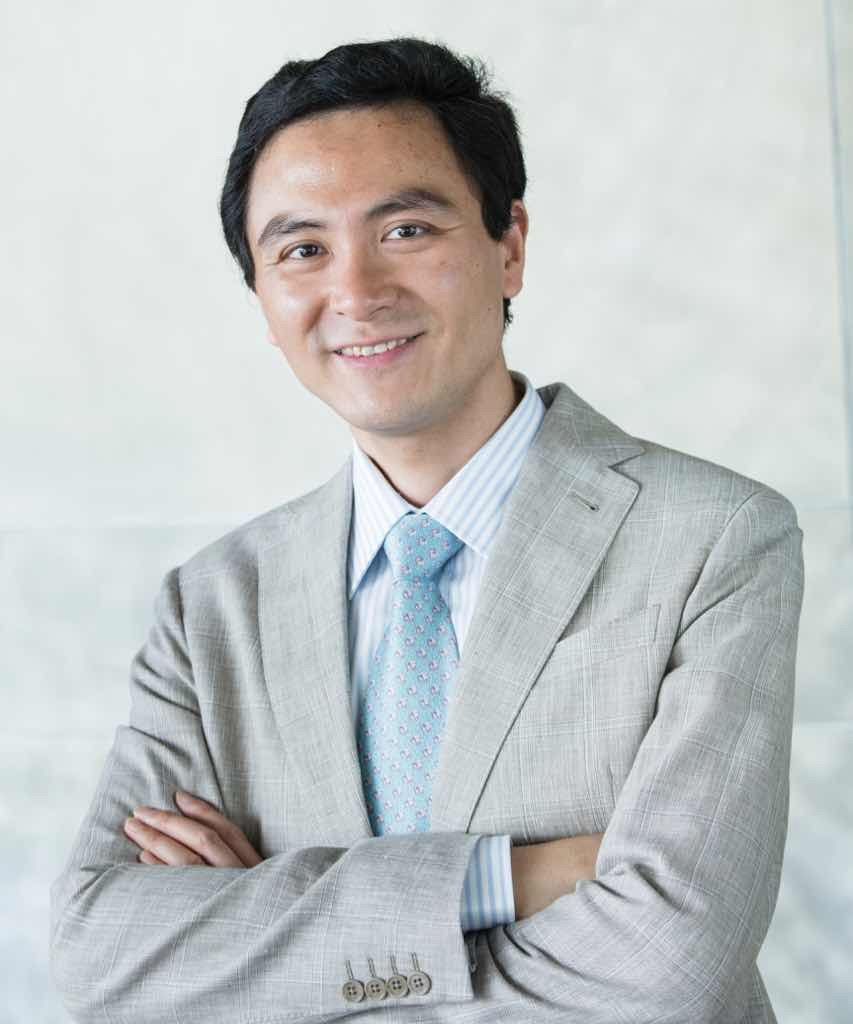 Yong Pung How School of Law Singapore Management University |
Public Trust, Privately Enforced: Building Trust in Corporate Governance From the very beginning, corporations were viewed as special entities bearing trust from the public. Although specially authorized corporations have been replaced by general-purpose corporations since the early 19th centuries, public corporations are always confronted with the challenge of keeping those in control up to the trust of public investors. Various proposals are put forward by lawyers and economists to solve this fundamental problem in corporate governance, such as uplifting the independence of corporate boards, re-designing executive compensations as well as the judicial enforcement of fiduciary duties held by the management. However, it turns out that the most effective device to hold corporate insiders accountable is not any of these centralized mechanisms, but the decentralized market force. My talk will briefly review the lesson from enforcing public trust in the context of corporate governance and its potential implications on the emerging ecosystem of blockchain. Bio: Wei Zhang is an Associate Professor and the Associate Dean of the Yong Pung How School of Law, Singapore Management University. He received his basic law degree from Fudan University in Shanghai, China, and his Master of Laws degrees from Waseda University in Tokyo, Japan, and Harvard Law School. He earned his Ph.D. in Jurisprudence and Social Policy from UC Berkeley in 2012 and have since taught at SMU. His main research areas are corporate governance and securities regulations. He is admitted to the New York bar and is the executive committee member of the Asian Law and Economics Association. |
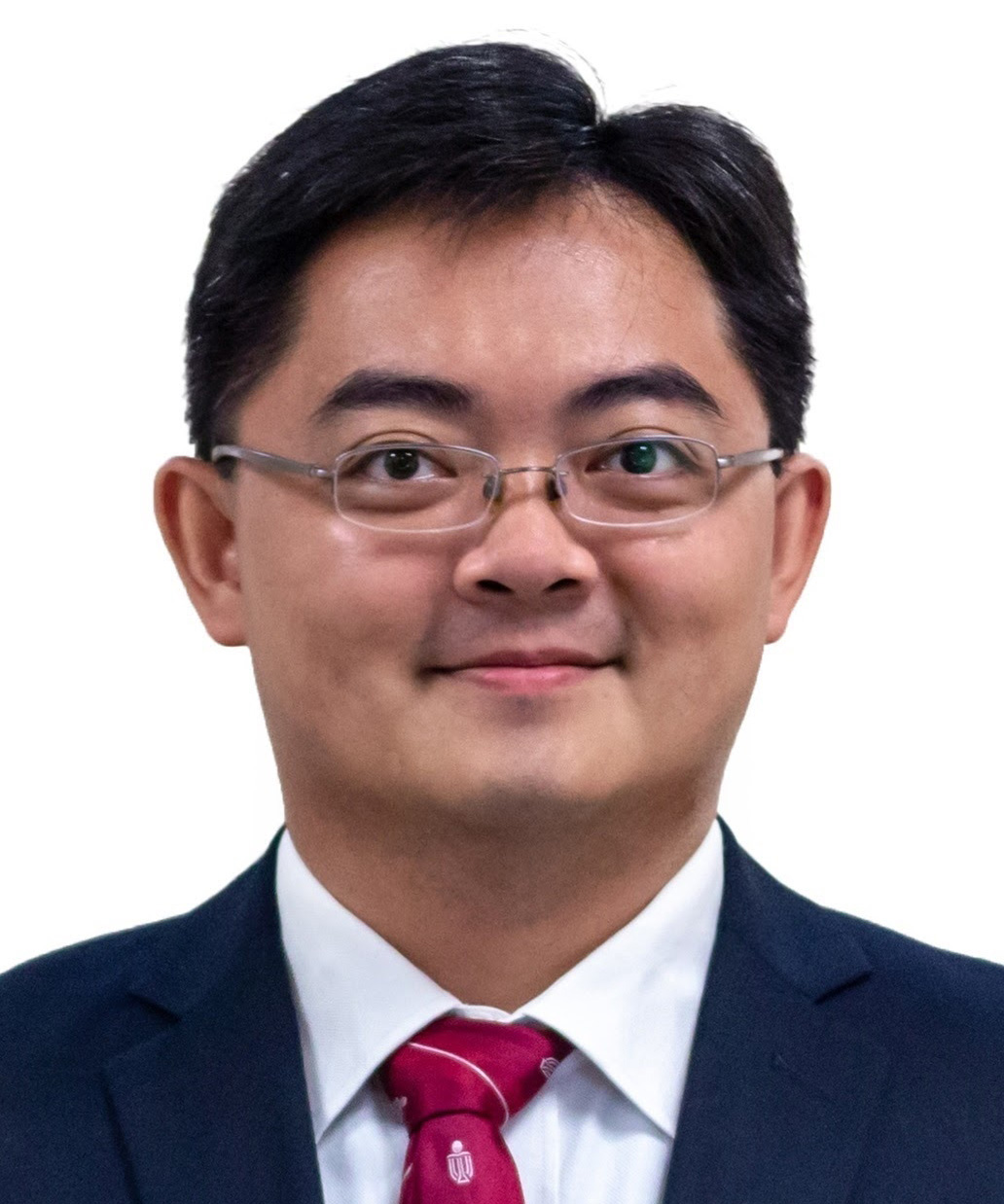 School of Computer Science and Engineering Nanyang Technological University |
Towards a Trustworthy Federated Learning Ecosystem Federated Learning (FL) is an emerging area of AI focusing on training machine learning models in a privacy-preserving manner. The success of FL, especially in open collaboration settings, rests on being able to continuously attract high quality data owners to participate. This, at the same time, also opens the FL to adversaries trying to exploit other parties’ sensitive privacy information. It is important to adopt an ecosystem management approach to building trust and controlling risk in FL. In this talk, I will share with you some attempts we made in this general direction. Bio: Han Yu is a Nanyang Assistant Professor (NAP) in the School of Computer Science and Engineering (SCSE), Nanyang Technological University (NTU), Singapore. Between 2015 and 2018, he held the prestigious Lee Kuan Yew Post-Doctoral Fellowship (LKY PDF) at NTU. Before joining NTU, he worked as an Embedded Software Engineer at Hewlett-Packard (HP) Pte Ltd, Singapore. His research focuses on federated learning and trustworthy computing. He has published over 150 research papers and received multiple awards from international conferences and journals. |
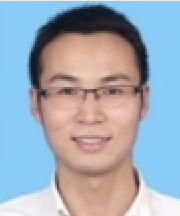 School of Computing National University of Singapore |
Secure and Interpretable Vertical Federated Learning Federated learning (FL) is an emerging paradigm that enables multiple organizations to collaboratively build a machine learning model without revealing their raw data to each other. However, there are still two main challenges. One challenge is that many works have shown that sharing even only intermediate information may leak parties’ data privacy. The other is that interpreting the predictions is not straightforward as each party’s data needs to be kept private. In this talk, I will first present our recent work on privacy-preserving vertical FL, ensuring that no intermediate information is disclosed, and is efficient for the privacy achieved. Next, I will discuss how to securely calculate the model interpretability such that the predictions are reliable. Finally, I will talk about the Singapore Blockchain Innovation Programme (SBIP) we are working on and speculate on future research directions, such as integrating blockchain technology into FL to make data collaboration more trustful. Bio: Yuncheng Wu is a Research Assistant Professor at School of Computing at National University of Singapore. His research focuses on federated learning and data privacy and security. From 2019 to 2021, he was a research fellow in Database Systems Research Group, under the supervision of Beng Chin Ooi and Xiaokui Xiao. He obtained his PhD degree in Computer Science from Renmin University of China in 2018, supervised by Hong Chen. He was a visiting student at Simon Fraser University, advised by Ke Wang. He also worked as a senior development engineer at Ant Financial. |